 O artigo Atenção Psicossocial e atenção básica: a vida como ela é no território, dos pesquisadores Silvio Yasui, Cristina Amélia Luzio e Paulo Amarante, trata sobre a relação entre três termos muito caros à saúde mental e presentes nas políticas públicas de saúde, a atenção psicossocial, a atenção básica e território. O objetivo é expor alguns dos significados presentes quando se fala desses três termos, além de contribuir para a reflexão sobre os elementos que compõe as práticas de saúde, aproximando essas mesmas práticas à complexidade da vida.
O artigo Atenção Psicossocial e atenção básica: a vida como ela é no território, dos pesquisadores Silvio Yasui, Cristina Amélia Luzio e Paulo Amarante, trata sobre a relação entre três termos muito caros à saúde mental e presentes nas políticas públicas de saúde, a atenção psicossocial, a atenção básica e território. O objetivo é expor alguns dos significados presentes quando se fala desses três termos, além de contribuir para a reflexão sobre os elementos que compõe as práticas de saúde, aproximando essas mesmas práticas à complexidade da vida.

Atenção Psicossocial é o primeiro termo trabalhado pelos autores, o qual se trata de uma busca por alternativa à racionalidade psiquiátrica, enquanto redução do funcionamento psíquico ao seu funcionamento neurobioquímico e aos processos cerebrais, nomeando os desvios a esse funcionamento de transtornos mentais. A Atenção Psicossocial, pelo contrário, procura olhar para o sofrimento humano em seu vínculo com o plano de vida.
O objeto de interesse sofre aqui uma mudança, deixa de ser a doença e passa a ser a complexidade da vida. Não pode mais ser abarcado por apenas uma disciplina ou campo, ele exige uma perspectiva que privilegie um profundo e intenso diálogo entre diferentes e diversas disciplinas e conhecimentos sobre o humano, apagando os limites e fronteiras e permitindo possibilidades diversas para pensar e fazer. Essa perspectiva é denominada por Passos e Barros (2000) como transdisciplinaridade.
O sujeito da experiência da loucura, antes objeto de saber, era isolado para receber o tratamento terapêutico. Hoje, deixou de ser objeto e transformou-se em sujeito, seu cuidado torna-se criação de possibilidades, cujo acontecimento se dá na vida cotidiana, assim como os desafios que devem ser enfrentados.
A psiquiatria e a saúde mental sempre tiveram uma relação íntima com o espaço urbano, sendo exemplo de controle social e poder exercido sobre os sujeitos, ademais de orientar as condutas e comportamentos morais socialmente aceitos. Os espaços urbanos também apresentam divisões, hierarquização, estabelecendo quem pode ou não circular. Dessa forma, o termo território, pode ser um espaço da racionalização dominante, do exercício do controle e da captura. Mas para Deleuze, também é um lugar passível de surgimento de formas e processos de resistência.
Trazendo o território para a perspectiva da Atenção Psicossocial:
“(…) trata-se, então, de acompanhar, cuidar e investir em movimentos de resistência, de produção singular da existência para que estes possam operar a criação de uma nova terra na qual seja possível traçar linhas de vida. ”
Ou seja, significar estar atento, ver, ouvir e incentivar a vida que palpita em cada território.
A Atenção básica compartilha com a atenção psicossocial a forma de olhar o sujeito que adoece. Este olhar não se limita a um corpo que adoece, ele é atravessado por múltiplos planos (histórico social, econômico) e pelas múltiplas histórias que compõe a singularidade de cada situação.
“Produzir saúde é produção de modos de fazer andar a vida (Canguilhem, 1966/2009). ”
Atenção psicossocial e atenção básica também podem compartilhar uma armadilha que se apresenta no cotidiano de ambos os serviços, a lógica manicomial. Esta lógica supera as estruturas físicas do manicômio, podendo estar presentes em outros espaços. Caracteriza-se por ser um poder normatizador que exclui e reprime, não só os loucos, mas todos aqueles que saem dos limites da “boa conduta”, aqui entram os homossexuais, dependentes químicos, moradores de rua, etc.
“Especificamente nos espaços e serviços da saúde mental, este poder se evidencia quando profissionais não conseguem operar um cuidado efetivo, especialmente nas crises, e têm como única solução a intervenção medicamentosa e a internação. Ou, mais sutilmente ainda, quando as intervenções dos profissionais são pautadas por julgamentos morais que prescrevem aos usuários modos corretos de se comportar ou de agir frente as contingências que a vida apresenta. Cabe aqui ressaltar que o uso extensivo e indiscriminado dos medicamentos psicotrópicos é prática naturalizada nos serviços de saúde e, em especial, na Atenção Básica. ”
Por fim, os autores consideram que a reflexão apresentada possibilita traçar algumas linhas de atuação para os profissionais de saúde. Primeiro, é necessário dar atenção às várias formas presentes no modo como cada pessoa vive, considerar e ativar os dispositivos presentes no território, se responsabilizar pelas demandas, de maneira especial, nos momentos de crise, criar diversas e variadas estratégias de cuidado. Há que estar sempre atento para não cair na rotina do dia a dia e perder de vista a elaboração de um contínuo movimento de construção e desconstrução.
Artigo completo →

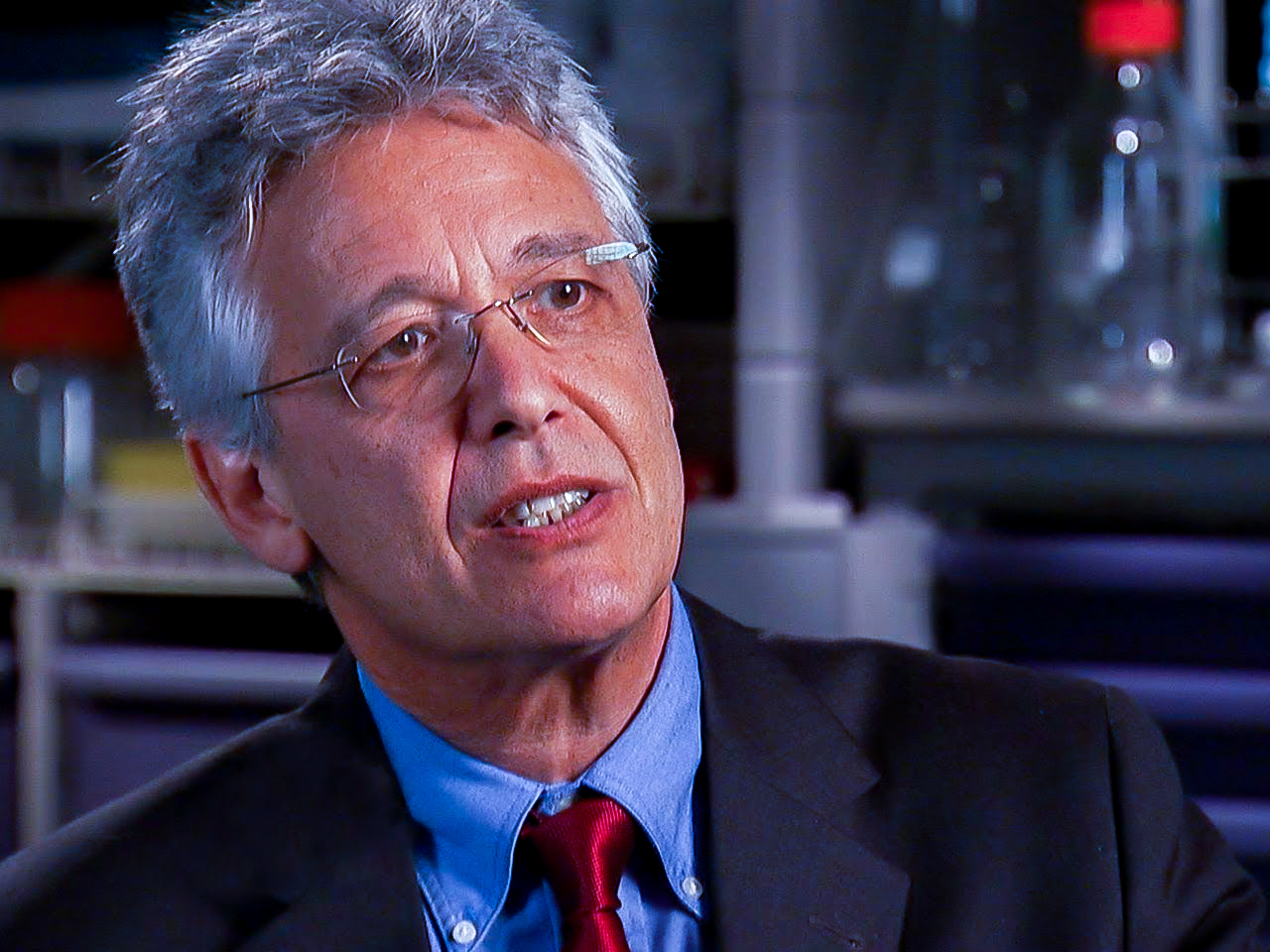
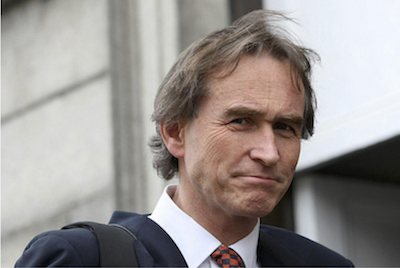
 a founder and CEO of Data Based Medicine Limited, which operates through its website
a founder and CEO of Data Based Medicine Limited, which operates through its website 
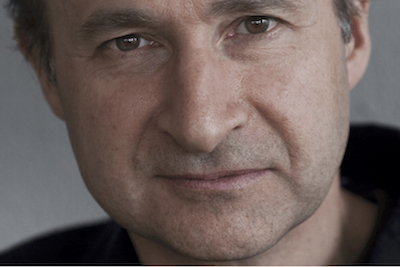
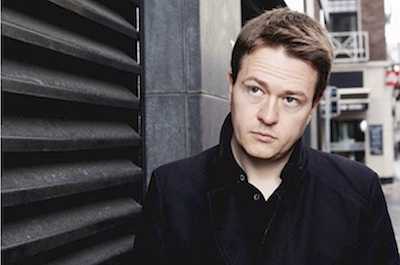
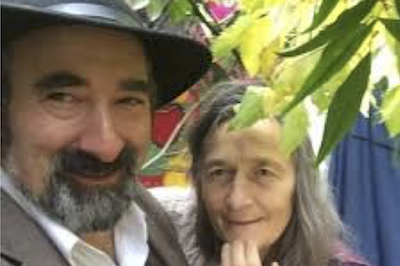
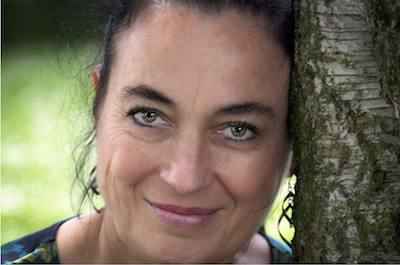
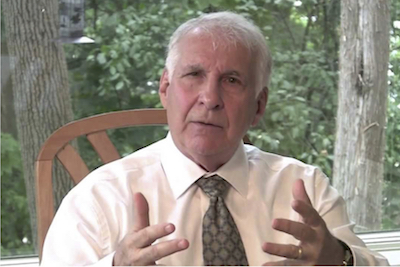

 O artigo
O artigo 






